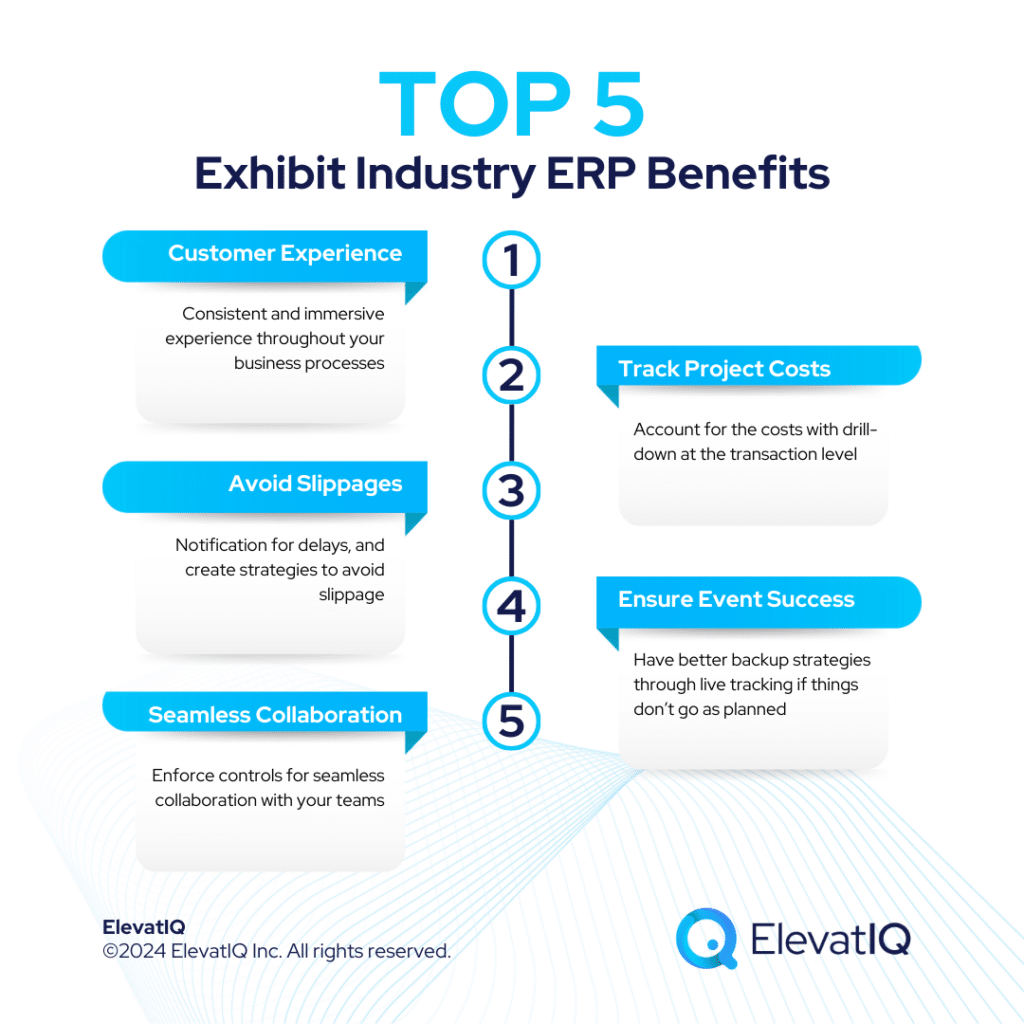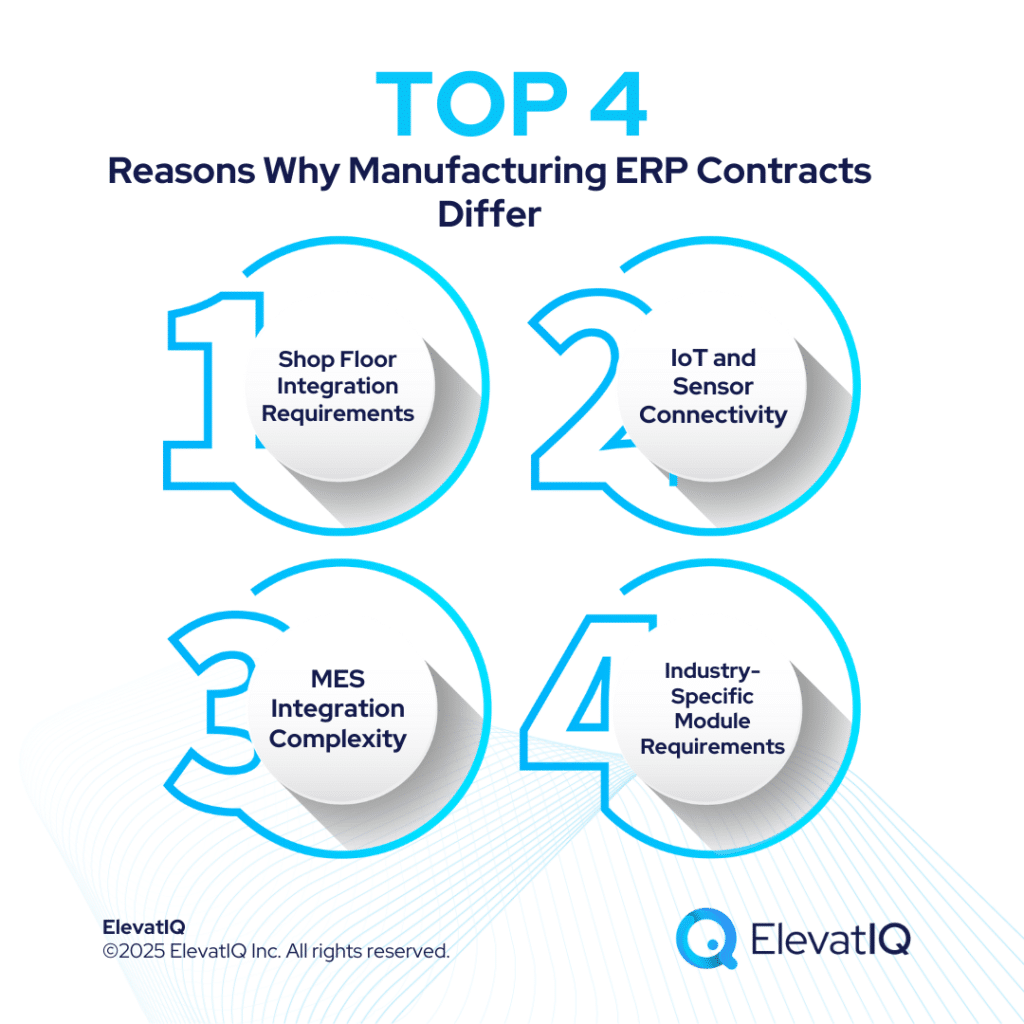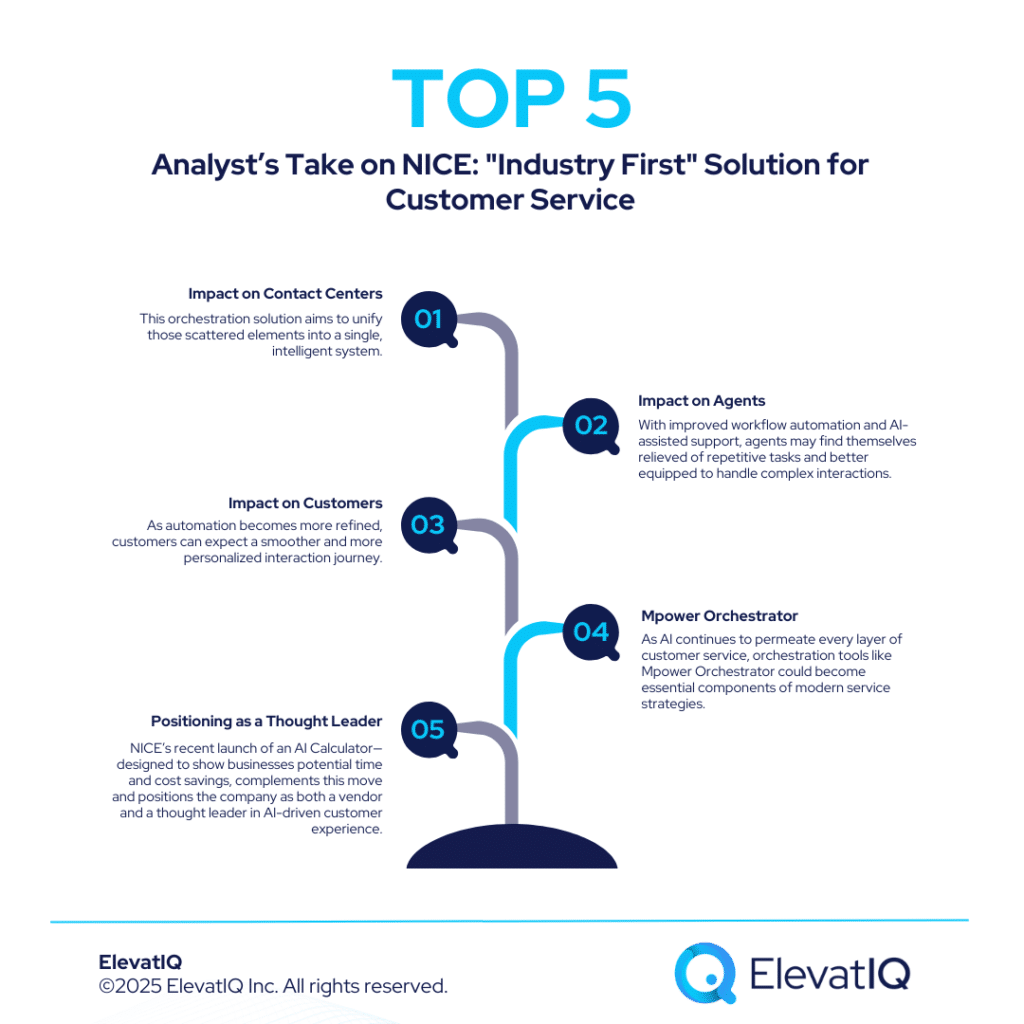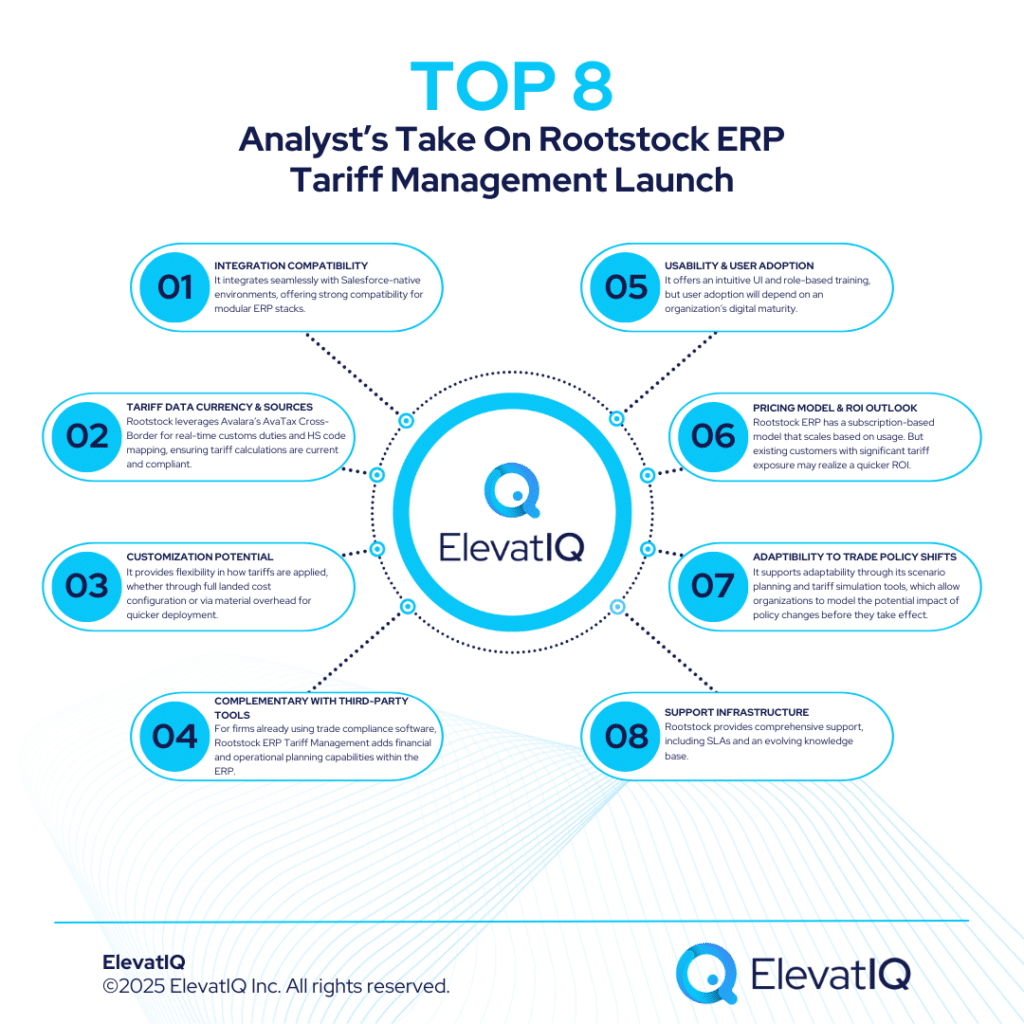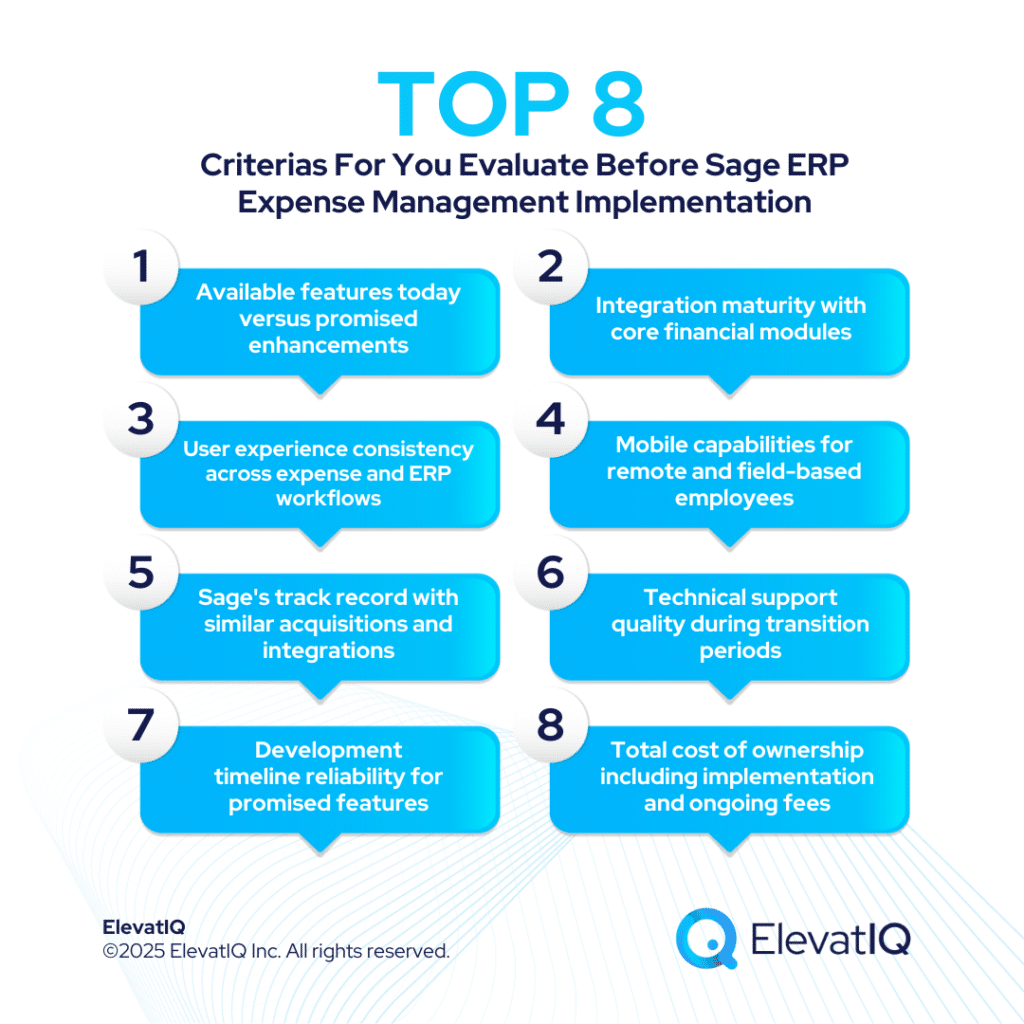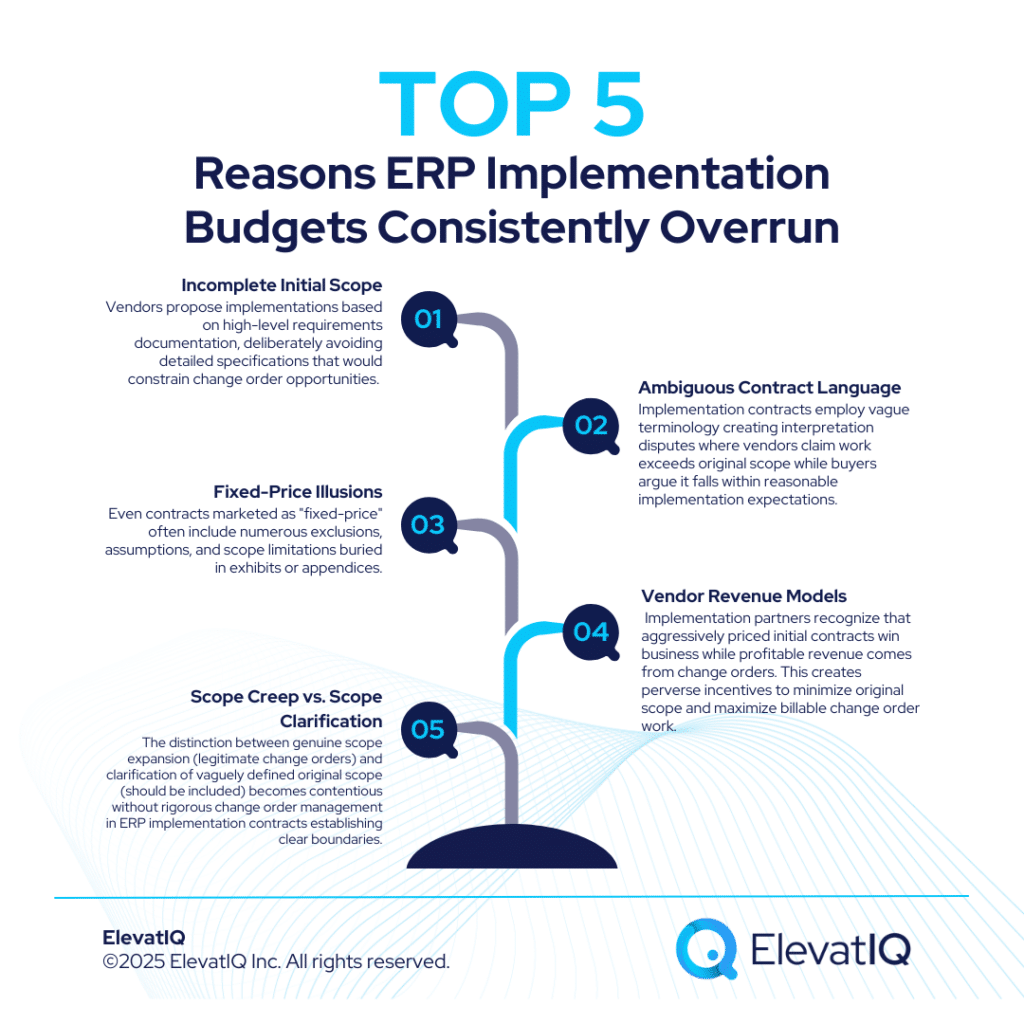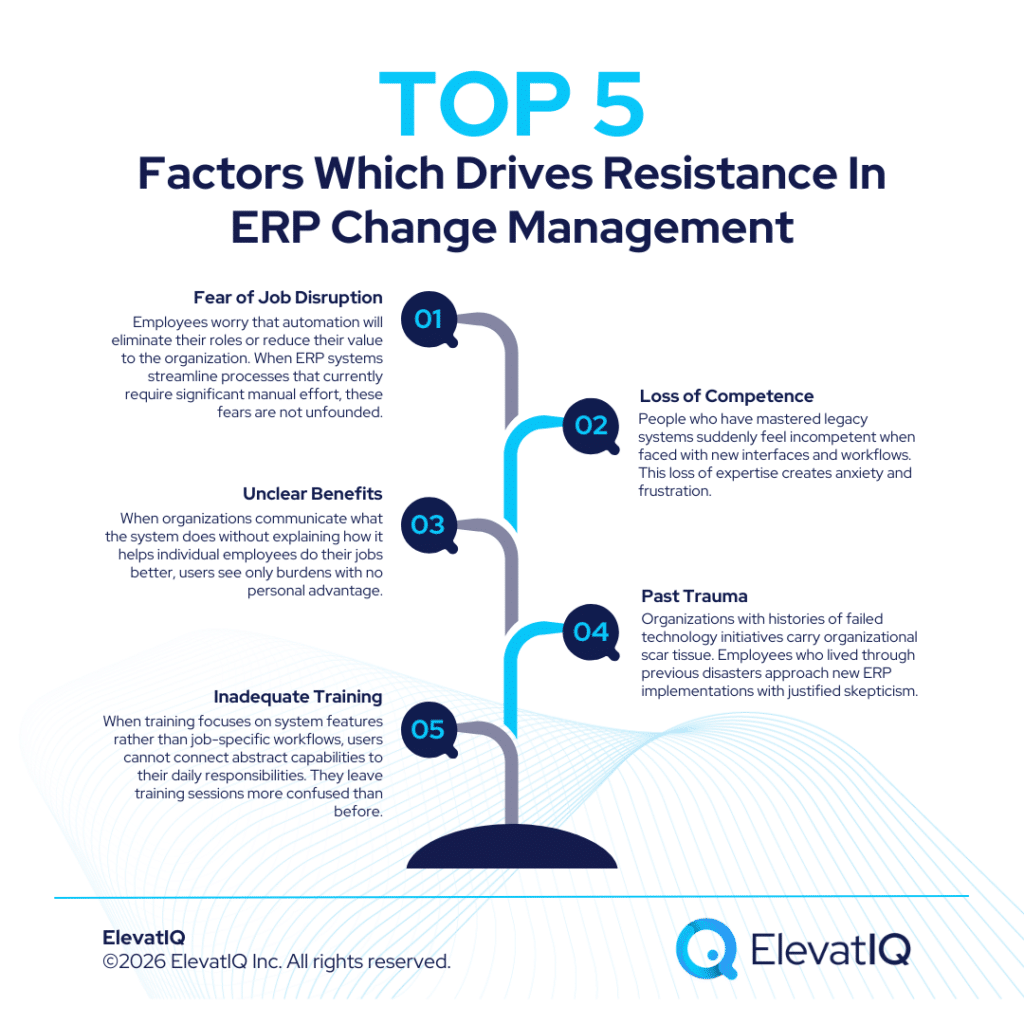Last Updated on January 2, 2026 by Sam Gupta
“If a given trade show isn’t pre-planned at the level of the Normandy Invasion, it’s doomed to fail,” – Simplilearn CMO, Mark Moran. Ever managed a trade show? If yes, I am sure you would agree that there is a lot that goes into enabling the brand experience that your customers expect. Manual processes with complex manufacturing and engineering needs could make it harder. This article will help you understand the exhibit management industry ERP benefits. And how they could make managing the trade shows easier.

1. To deliver breathtaking customer experiences
When we think of customer experience, we often perceive it as a customer-facing process. Or purely aesthetics. Don’t we? While great aesthetics could enhance the experience, your customers will only find it breathtaking. This is especially true when they receive consistent and immersive experiences throughout their business processes. You can’t fake a good experience. It starts with how your sales team interacts with them and how your operations team delivers it. And how competitive your offerings are.
To explore it from a different perspective, imagine how your customers would feel if they communicated their ideas to your sales team. But received a completely different design with their quote. This issue is likely caused by manual processes or disconnected systems.
A fully integrated ERP system with a customer portal ensures that artwork is tied to an opportunity in your ERP system when customers share their designs. As the transaction moves through the process, customers can track their project status. This seamless communication without manual intervention while collaborating with them would help enable a breathtaking experience for your customers. Therefore, customer experience is perhaps one of the top ERP benefits in the exhibit management industry.

2. To track project costs
Without a fully integrated ERP system designed for project-driven manufacturing, you might have to compile the costing of all jobs and expenses manually. A fully integrated ERP system creates a budget at the project level, which might have several child jobs and tasks. As your team completes these jobs, the system will account for the costs and provide their live tracking, including drill-down at the transaction level.
Such a system not only helps track costs but also enables you to pivot if the project does not proceed as intended. As you gather more data for comparable engagements, you will discover deficiencies in your processes. These learnings will help further optimize your costs and expenses, improving your relationship with your customers. This is especially true if you are proactive in your communication with any expected cost overruns. Finally, it boosts your confidence with future estimates as you can compare your live projects with previously successful ones. And utilize the strategies that you may have used to make them successful.
3. To avoid schedule slippages
The most common cause for schedule slippage is the misalignment in expectations. As well as miscommunication among different stakeholders. The slippage occurs if you cannot track the status daily. Or due to a delay in receiving information. Your job as a project manager could be hard if you need to deal with field crew who may not have as much appreciation for the processes. But why? Basically, this is due to their commitment and interpretation of the importance of the process. And how their inputs might affect the outcome.
Since an integrated system provides real-time status at your fingertips with a notification for any delays or exceptions, you can act quickly and create strategies to avoid slippage.
While the system itself can’t prevent slippage, it can help with proactive communication. As well as setting the right expectations with your customers. This proactive approach helps in gaining trust and building credibility with your customers. Using an integrated system, you can follow up with the field crew or update on their behalf if they might not be as technically savvy or may not have as much appreciation for the processes.
Finally, the system automatically takes care of the communication as it sends appropriate tasks they need to perform each hour so that there is little room for miscommunication and misalignment.
4. To ensure the success of the event
Several factors make an event successful, but the most important ones include how clearly your team understands their responsibilities so that they can perform their tasks on time as expected. By contrast, the issue that might make an event unsuccessful could be mismanagement or mishandling of requests, such as sending the wrong equipment to the wrong site. Such problems occur if you have a manual process or disconnected systems that allow checking out the wrong equipment for a site.
An integrated ERP enables you to define controls that will ensure that such problems don’t occur. An integrated system also allows you to have better backup strategies through live tracking if things don’t go as planned.
5. To provide seamless collaboration among teams
Without an integrated ERP system, you would not enforce the controls that you need for seamless collaboration with your teams. Such collaboration is difficult with manual and disconnected systems. With a lack of control, the ad-hoc processes would provide unnecessary liberty and leave them to their interpretation. With an integrated ERP system, your team will be operating on pre-defined workflows with built-in controls that you need to ensure you have standardized processes across the enterprise.
As the transaction moves from the opportunity to quote and then to order and finally to project and invoice, the integrated system also ensures that each team operates on the same record without requiring duplicate data entries. The end-to-end connectivity of your business transactions would provide traceability for your teams. Since one system hosts all your business processes and teams, these processes will enable seamless collaboration among your teams without conflicts.
Conclusion
A fully connected ERP system can provide that glue that exhibition management companies need to enable seamless collaboration among all their stakeholders and a breathtaking customer experience.
If you have been managing your processes manually or through disconnected systems, having an awareness of these exhibit management industry ERP benefits could help you assess if you may be ready for a new ERP system.


